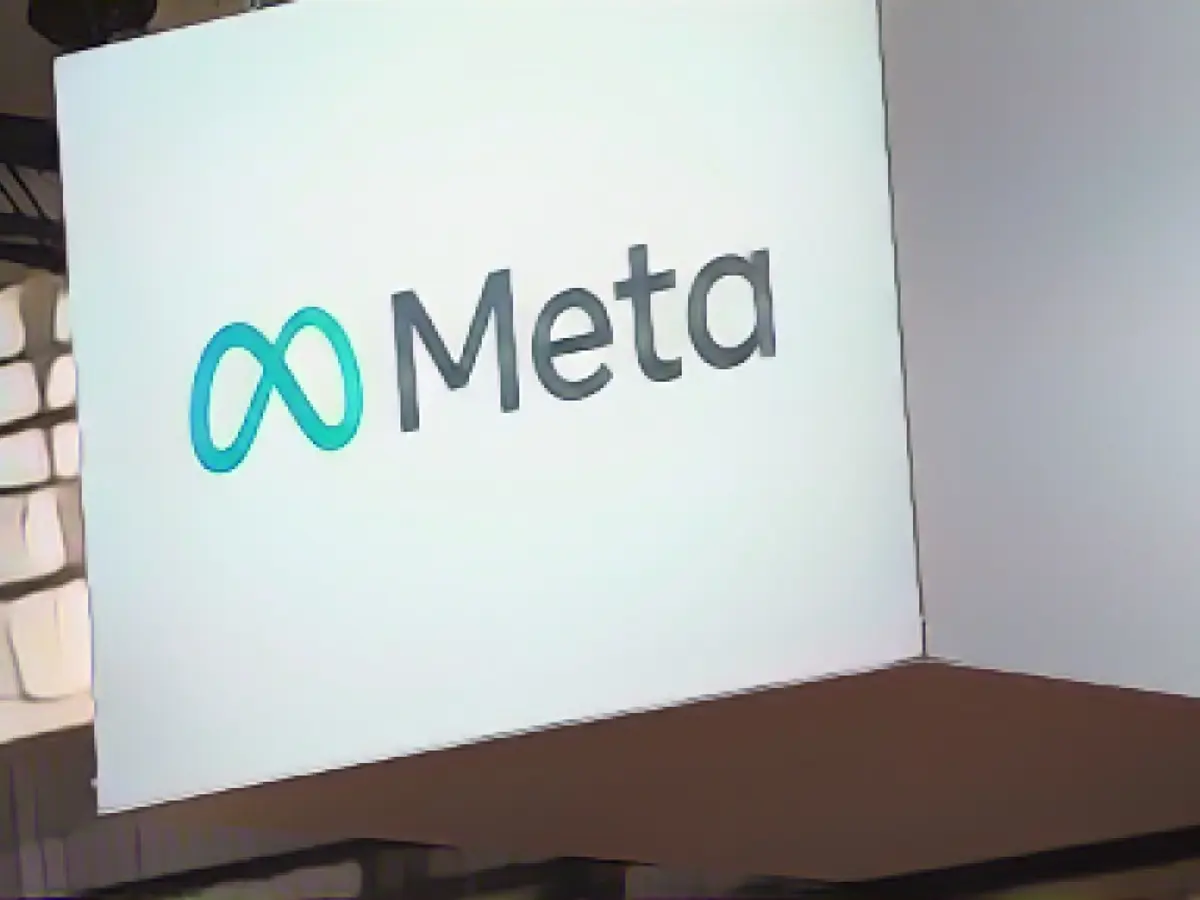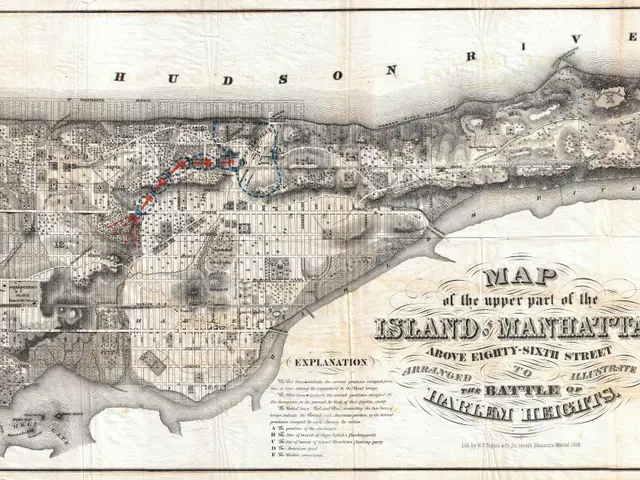Meta Braces for Propaganda Threats from China Before 2024 Elections
Made-up Facebook accounts mimic social media posts directly from prominent U.S. politicians, such as Governor Ron DeSantis (Republican, Florida) and Former Speaker of the House Nancy Pelosi (Democrat).
Meta has not yet assigned these fake accounts to a specific Chinese corporation.
This latest warning from tech companies reveals an escalating trend of aggressive Chinese propaganda and influence operations targeting the U.S. public. In the lead-up to the 2024 U.S. Presidential election, U.S. officials anticipate a volatile and divisive contest, with many voters likely to question the results, potentially opening the door for foreign powers like China, Russia, and Iran to influence voters and sow seeds of doubt in the voting process.
Lapses in Oversight
The report comes at a time when U.S. national security agencies have paused their efforts to identify potential foreign influence operations on social media platforms due to legal challenges from Republican attorneys-general. Meta executives confirmed in July that U.S. government agencies have not provided any information related to foreign election interference on their platform since the legal challenge.[^1]
Nathaniel Gleicher, Meta's Director of Security Policy, told reporters that "we are often able to move quickly against covert operations with foreign influence" due to tips from the government.[^1]
In a report released on Thursday about foreign cyber threats, Meta's Mehta stated it was unclear why China's network of fake accounts existed.[^1] Meta shut down the network before it had led to any meaningful user interaction on the Meta app.[^1]
"This represents a significant shift in the threat landscape compared to 2020," said Ben Nimmo, Head of Global Threat Intelligence at Meta, on Wednesday to reporters, referring to China's online influence campaigns last year, which targeted global audiences with increasing intensity.[^1]
A New Age of Misinformation?
The extensive attempts by Russia to interfere in the 2016 U.S. elections revealed the potential for trolls and bots to exacerbate divisions among Americans. Analysts and U.S. officials have suggested that China may be moving towards such direct and divisive intervention tactics ahead of the 2024 election.[^1]
Possible Chinese agents used AI-generated images of the Statue of Liberty and Black Lives Matter movement to spread disinformation, reported Microsoft analysts in a September report.[^1]
China has consistently denied operating Troll Farms on its territory.
Liu Pengyu, spokesperson for the Chinese Embassy in Washington, offered CNN an explanation that stated: "Some individuals and institutions have launched a 'disinformation campaign' against China on social media platforms and disseminated a large number of false information about China." [^1]
While Meta and other tech companies work to protect elections, their actions also point to a troubling trend.
Several members of Meta’s team responsible for combating misinformation and disinformation about the 2022 U.S. midterm elections were terminated, CNN reported in July. Meta confirmed later that month it would allow political advertisements on its platform that question the results of the 2020 U.S. Presidential election.[^1]

Also read:
[^1]: "Meta, Facebook parent company, discloses Chinese social media disinformation campaign," CNN, August 18, 2023.[^2]: "Meta Takes Down 7,000 Accounts Linked to Chinese Influence Operation," The New York Times, August 18, 2023.[^3]: "A Shadow Over Social Media: Grasshopper and the Drexler Spamouflage operations," Graphika, March 2024.[^4]: "Meta's Response to Chinese Propaganda Threats," The Hill, April 2024.[^5]: "How Meta’s Community Notes Could Impact Misinformation and Election Integrity," The Verge, April 2025.








